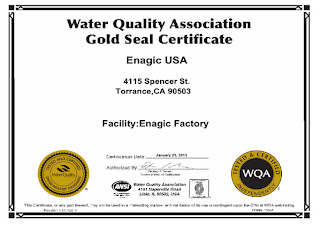Read On To Find Out More About Indigestion and How To Reduce It
Indigestion, also known as upset stomach or Dyspepsia (from the Greek (Dys-), meaning
hard or difficult, and (Pepse), meaning digestion) is defined as a persistent or
reoccurring pain or burning feeling in the upper part of the abdomen underneath
the rib cage. This pain is often accompanied by abdominal bloating or gas, nausea,
bloating, and vomiting at times.
Indigestion is not a disease, but rather a collection of symptoms:
- belching
- bloating
- constipation
- diarrhea
- flatulence
- nausea
- pain & discomfort in the upper abdomen
- poor appetite
- persistent indigestion may point to other digestive conditions such as:
- heart burn (acid reflux)
- gastroesophageal reflux disease (GERD)
- irritable bowel syndrome (IBS)
- lactose intolerance
- peptic ulcers
- stomach irritation (gastritis)
These are all factors that can cause indigestion or make an existing condition worse:
- alcohol
- anxiety
- medications (example: aspirin)
- smoking
- stress
- tiredness
- eating too much
- eating high-fat foods
- eating too fast
- eating during stressful situations
- swallowing air when eating may increase belching and bloating which is associated with indigestion
Many people feel that stomach acid neutralizers, so called antacids help alleviate
indigestion, but since indigestion isn't the result of stomach acid, this may not
be an appropriate treatment.
 Avoiding foods and situations that can cause indigestion is, according to many,
one of the most successful ways to treat the the problem.
Avoiding foods and situations that can cause indigestion is, according to many,
one of the most successful ways to treat the the problem.
Often, indigestion will go away within hours without medical attention. However,
if your symptoms become worse, you should consult a doctor.
If you have mild indigestion from time to time, these tips might prove useful when
relieving or preventing your indigestion.
Reduce the amount of acidic foods you eat. Acid foods and beverages include animal
protein, dairy, processed foods, sugars and saturated fat carbonated beverages,
caffeine and alcohol etc. Introduce nutritious, alkaline foods into your diet.
Those who have chosen to alkalize their body are reporting feeling more happy, energized,
and able to keep a healthy weight.
Make
your eating into something special. Create a calm environment at mealtime. Eat smaller,
more frequent meals, chew your food slowly and thoroughly. Avoid late-night meals
and relax after your meal. Your body needs time to process.
This further helps the body to eliminate the acidic overload caused by acidic food,
air pollution, and pesticides.
And by drinking plenty of alkaline water, you also help your body to keep clean
intestines, which otherwise could get clogged and becomes the root of many diseases
Further information please refer to http://www.enagic.com/
| MyKangen Enterprise | Authorised Distributor |
Contact: +6011-2313 6568 Email: mykangenasia@gmail.com
Address: D-6-06, Oasis Square,
Jalan PJU 1A/7A, Ara Damansara,
47301 Petaling Jaya, Malaysia















